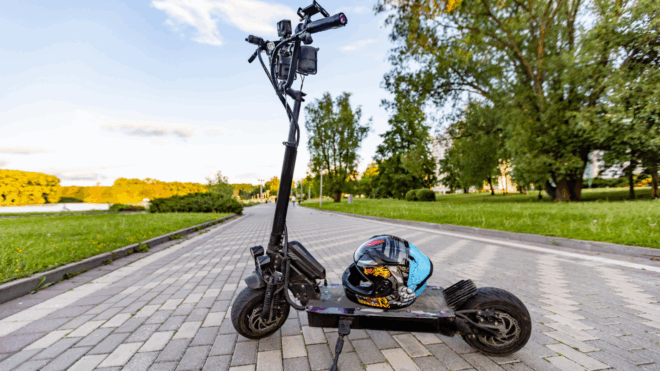Watching your baby take his very first steps is one of the most thrilling moments any mom experiences. That's probably why we tend to obsess over when exactly our babies will start walking.
It's no big secret that walking happens at different times depending on the baby, and some parents are even fortunate enough to see their little ones take off before their first birthday. But for those of you who are still waiting for the big moment and are wondering why your baby isn't walking yet — there might be a simple, yet very surprising thing that is slowing him down.
Believe it or not, your baby's diaper may hinder his ability to walk.
Yes — his diaper. (What the heck?!?)
A group of scientists studied 60 babies and their walking patterns and discovered that diapers affected how soon babies walk and how adept they are at it (babies tend to take wider, shorter steps when wearing diapers).
Ok, so I guess on the one hand, this is good news, because now there may be a perfectly reasonable explanation for us moms who happen to have late walkers on our hands. (It's all our fault for insisting that they wear diapers. Gah!)
My little guy was a late bloomer, and didn't take his first steps 'til he was 13 1/2 months old. And while I was definitely a little bit concerned that he wasn't up and moving as early as some of my friends' kids, if someone had told me to take his diaper off to speed things up, I highly doubt I would've complied.
I mean, diapers kind of serve a purpose, you know. Somehow I'm thinking having a delayed walker is a much better alternative than getting down on your hands and knees to clean up poop all day long. (I'm just sayin'.)
But if you are eager to get your baby walking, here are a few tips:
- Use thin disposable diapers rather than thick cloth diapers. (The researchers found that babies with thick cloth diapers fell down more.)
- Give your baby some naked time. After your baby has a wet or dirty diaper, let him or her roam around naked — or at least "commando" — so he can practice walking.
- Change the diaper more frequently. Based on this research, the thicker the diaper, the more babies fall down. And the fuller the diaper, the thicker it usually is — so changing it more often will keep the thickness to a minimum, making it easier for baby to walk. (Makes sense, right?)
- Take Baby steps (literally) — When my son was learning to walk, I would stand him up a couple feet away from me, and stretch my arms out and encourage him to walk over to me. Taking "baby steps" made him less hesitant to give it a go for sure.
- Relax and let things progress normally — Bottom line, your baby will walk when he's ready to walk. Let him get used to pulling himself up and standing, and he'll take off when he's ready.
What tricks have you used to help your baby get moving?
Image via Mary Fischer




